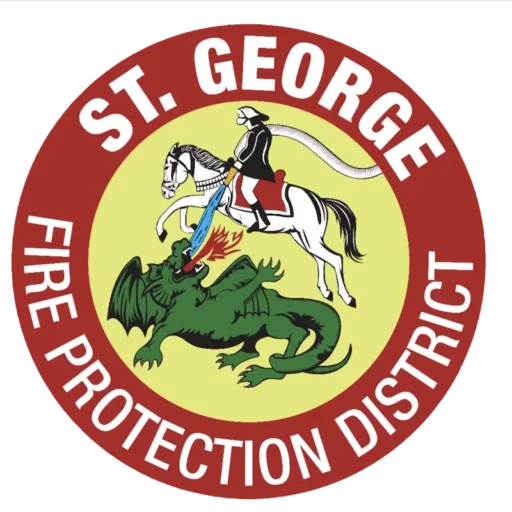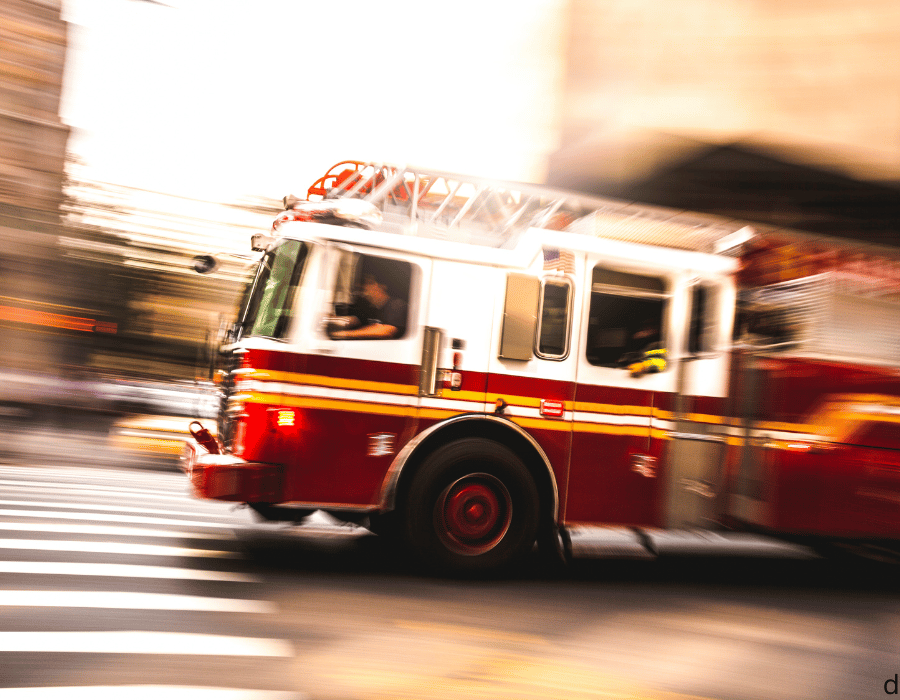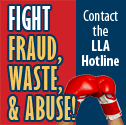The short answer is no – if you call 911 for a genuine emergency (fire, accident, or medical crisis), you typically won’t get a bill. In the U.S., fire departments are funded by local taxes and budgets, not by per-call fees. When you dial 911 for a real fire or life-threatening situation, the firefighters’ response is covered by community funding. For example, one fire district explains “there is no charge for calling 911, and there is no charge from the fire district”. In Schiller Park, IL, officials similarly emphasize residents “will never be charged for any calls concerning fire-related incidents or calls for service”. In short: if it’s a true emergency, you don’t pay directly for the help.
Emergency Responses are Tax-Funded
In most places the fire department’s help is paid for by taxes, so emergencies cost you nothing at the time. When firefighters and paramedics rush to the scene of a blaze or a car wreck, their salaries, trucks, and gear have already been funded by your city/county budget (and thus your property or sales taxes). For example, a Montana fire district’s FAQ makes it clear that routine emergency responses never carry a bill. It says residents “should rarely see any charges from the Fire Department” and notes that only ambulance transports are billed to insurance – fire-related calls are never billed to you. Even volunteer fire departments don’t charge for real fire calls. So rest assured: if you have an actual fire or life-or-death emergency, get help right away – there’s no per-visit fee for the rescue.
False Alarms & Non-Emergency Calls Can Cost You
Not all calls are free. Fire departments often do charge fees for false alarms or non-emergency runs. If your smoke detector malfunctions or you call 911 accidentally, many cities impose a fine for the unnecessary dispatch. For instance, a first false alarm might earn just a $50–$100 warning fee, but repeat alarms can quickly cost $500 or more per incident. Some cities even suspend your alarm permit or delay service if false calls keep happening.
Likewise, calling the fire department for a routine or non-urgent issue can trigger a charge, especially in rural or volunteer districts. In some parts of the U.S. (for example, outside city fire-protected areas of Arizona), volunteer fire departments bill for responses. Those fees can range from a few hundred to several thousand dollars per visit. (That’s why many home insurance policies include a “fire department service charge” coverage to reimburse these costs.) In summary: emergencies are free, but avoid abusing the system. Keep detectors working and only call for real hazards – otherwise a false alarm fee or non-emergency service charge may apply.
Ambulances and Medical Transport Fees
Even though the fire department itself won’t bill you for showing up, a 911 call that involves ambulance transport can generate charges. Firefighters often double as EMTs or paramedics, but the ambulance is usually a separate service. If you require a ride to the hospital, that ambulance company will bill your health insurance (or you) for the transport. For example, Schiller Park’s fire department notes that EMS transport is billed to insurance, but again emphasizes “the fire department will never charge for any calls concerning fire or medical incidents”. In practice, this means: the fire engine’s ride is free, but any medical bills (ambulance, ER) follow the usual health care billing process. It’s wise to have insurance or coverage for ambulance co-pays, but don’t fear dialing 911 – even a medical emergency response isn’t billed out of pocket by the fire department.
Tips to Avoid Surprises
- Call only in real emergencies. Use 911 when there’s a fire, serious injury, or other danger. Firefighters won’t bill you for emergency response, so never hesitate if lives or property are at risk.
- Maintain alarms and detectors. Test and clean smoke/CO alarms regularly. A well-kept system prevents false triggers – and avoids fees. Many cities charge roughly $50–100 for a first false alarm.
- Know non-emergency lines. For routine requests (burn permits, safety questions, etc.), call the fire department’s non-emergency number or visit their website. That way you’re not using 911 for non-urgent needs.
- Check local policies. If you live in a rural or volunteer-service area, ask about any response fees. Your city or fire district website may list charge schedules. If fees exist, consider confirming that your home and health insurance will cover them (many policies have “fire department service charge” riders for this).
- Insurance matters. Make sure your insurance covers EMS transport and fire department fees. In most communities, fire calls are tax-funded, but the only charges you might get are through ambulance bills or false alarm fines.
Don’t be afraid to call 911 when there’s smoke, fire, or a person in peril – it won’t cost you directly. Emergency services are considered part of public safety, not a billable commodity. Just remember that repeated false alarms or non-urgent calls can carry fines. Stay safe: maintain your alarms, use emergency lines properly, and your local fire department will be there to help without hitting you with a surprise bill.


